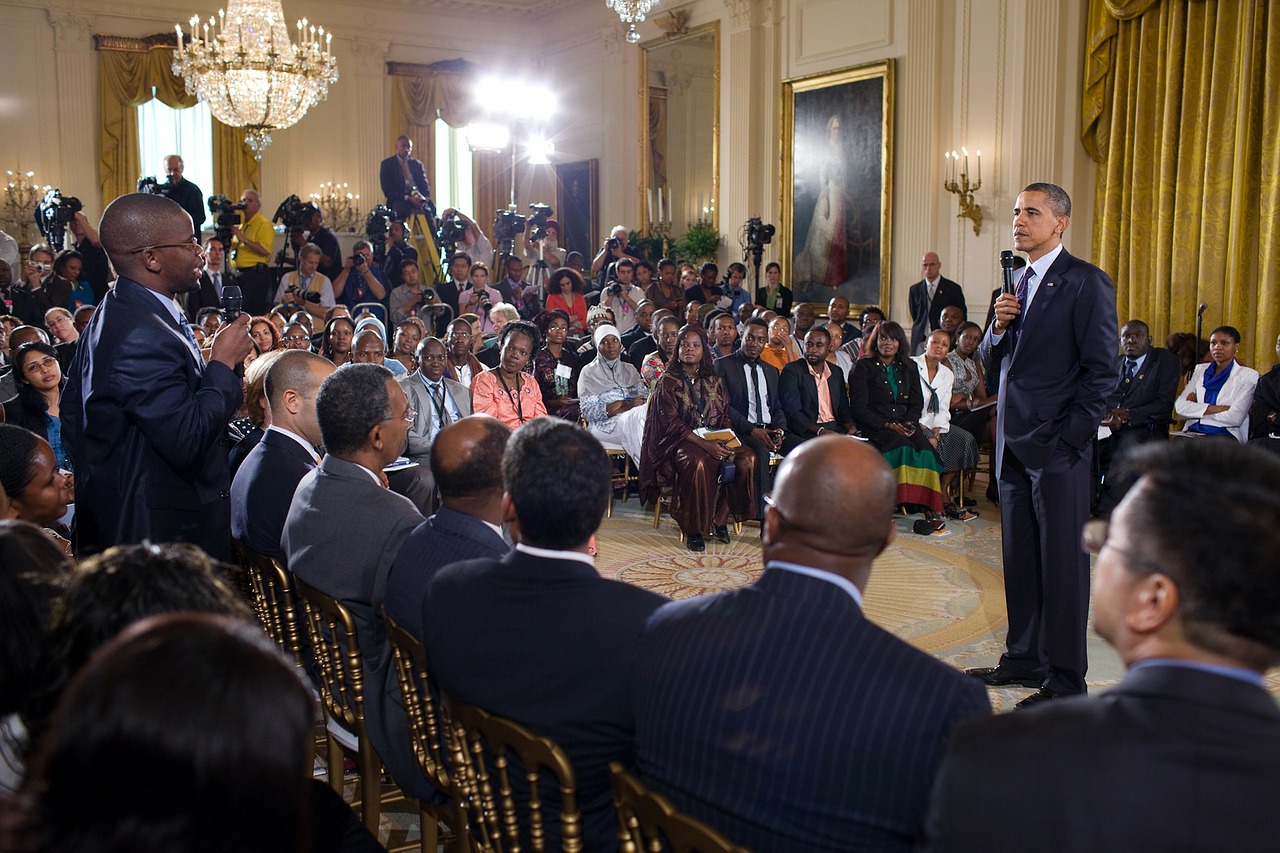
On Tuesday, President Obama held his final State of the Union address inside the House Chamber. He discussed the past, present and future of the infamously discordant world of U.S. politics.
As his time in the White House nears its end, the president chose to commence his hour-long speech by listing his administration’s achievements in the economy, healthcare and clean energy, issues that have spurred a growing partisan divide in Congress over the years, as indicated by what has been a bitter election season for both parties.
Unfortunately, we’ve become all too familiar with the cacophony and immobility of the federal government. People often point fingers at the Oval Office. However, in reality, as anyone who has taken a beginner-level civics course knows, it takes two to tango … or in this case, more than 535. What may seem like common-sense legislation to some politicians may be the other party’s greatest nightmare. Without the help of Congress, there’s not much the president can do besides issue a slew of executive orders. That’s not to say, though, that President Obama hasn’t had impressive accomplishments.
Many of President Obama’s more significant proposals such as the Affordable Care Act have become reality, much to the chagrin of House Republicans and conservatives across the nation. There’s no doubt that a relatively successful Democratic agenda paired with the growing power of dissenters has fueled division in U.S. politics. The president suggested getting rid of the partisan practice of gerrymandering to make it easier for citizens to vote. By doing so, President Obama underscored a prominent component of democracy, striving to bridge the great divide as Lincoln did by embracing every politician in the gallery, not as Democrats and Republicans, but as one Congress.
And of course – as one American people. In recent years, many of us have succumbed to fear and strayed away from the nation’s foundations of equality and acceptance, instead choosing to stigmatize races and religions by radical means and proposals. Like, say, building a wall.
As part of a long road to progress, the president fervently emphasized the need to be inclusive by taking jabs at anti-Muslim rhetoric, which has heightened following recent terrorist attacks in Paris and California. Muslims, as well as immigrants and the LGBT community, were brought up as groups of people who have suffered through scorn and prejudice due to political rancor and backlash.
In past years, President Obama has initiated social policies intended to help these particular groups, to some success. With the repeal of Don’t Ask, Don’t Tell, gay individuals can openly serve in the military. Following the recent crisis in the Middle East, the United States has allowed thousands of Syrian refugees to enter the country. His executive actions on granting illegal immigrants temporary legal status, however, has hit a legal bulwark in recent months, further rubbing salt in a congressional-partisan wound that has yet to heal.
The clock is ticking, and President Obama has yet to accomplish everything he’s promised. Nevertheless, by shedding an optimistic light on his final year in office, the president aims to finish strong by stimulating funding for cancer research, cutting college costs and raising the minimum wage to assist the working class that makes up the backbone of this country’s economy. As the new year kicks off to a start and November’s election ominously draws closer, many of us, whether we agree with Obama’s proposals or not, would like to see an end of the government’s squabbling and more steps toward action and progress.
Israel Aragon is a freshman majoring in neuroscience.






